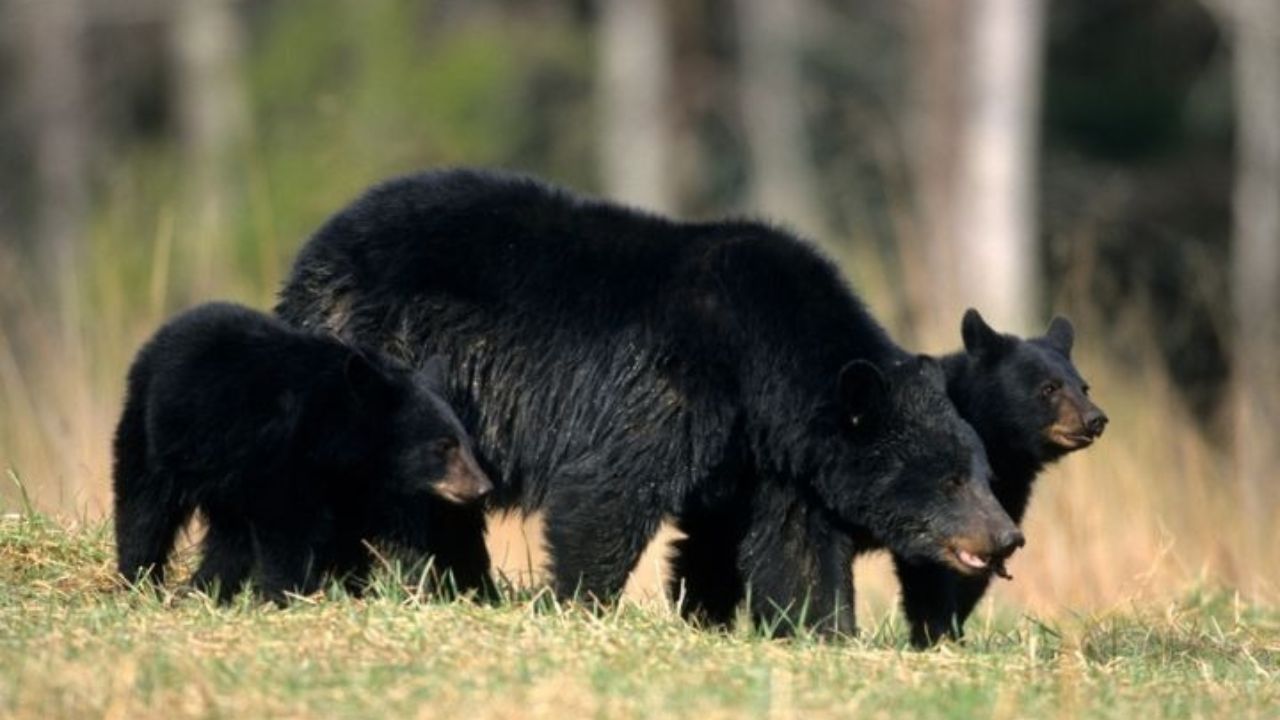Bears in Tennessee – Do They Hibernate?
Published Feb 13, 2023
The mention of bears often conjures images of cozy dens and long winter naps. However, when it comes to the black bears of Tennessee, the truth about their hibernation habits may surprise you. Join us as we delve into the fascinating world of Tennessee's bears and uncover the truth about whether they hibernate.
Understanding Bear Behavior
Before we tackle the question of hibernation, it's essential to understand bear behavior. Black bears, the most common bear species in Tennessee, are highly adaptable creatures known for their intelligence and resourcefulness. While they may exhibit some behaviors traditionally associated with hibernation, such as denning and reduced activity during the winter months, their behavior can vary depending on factors like food availability, weather conditions, and reproductive status.
The Truth About Hibernation
Contrary to popular belief, black bears in Tennessee do not undergo true hibernation in the same way as some other mammal species. Instead, they enter a state of dormancy known as "torpor." During torpor, bears experience a decrease in metabolic rate, body temperature, and activity level, allowing them to conserve energy during periods of food scarcity.
However, unlike animals that hibernate for months on end without waking, black bears in Tennessee may experience periodic arousals from torpor. These brief awakenings, known as "walking hibernation," allow bears to maintain muscle tone, eliminate waste, and even venture outside their dens on occasion.
Factors Influencing Bear Behavior
Several factors influence the hibernation behavior of black bears in Tennessee. Food availability plays a significant role, with bears entering torpor when natural food sources become scarce in late fall and winter. However, in areas where human food sources are abundant, such as campgrounds and residential areas, bears may remain active year-round, foraging for easily accessible food.
Additionally, reproductive status can influence bear behavior, with pregnant females typically entering dens earlier and staying longer to give birth and care for their cubs. Male bears, on the other hand, may remain active throughout the winter if conditions allow.
Conservation and Coexistence
Understanding the nuances of bear behavior is crucial for promoting conservation efforts and fostering peaceful coexistence between bears and humans. By minimizing human-bear conflicts, such as securing garbage and food attractants, respecting wildlife habitats, and practicing responsible outdoor recreation, we can help ensure the continued health and vitality of Tennessee's bear population.
While black bears in Tennessee may not hibernate in the traditional sense, their winter dormancy, or torpor, remains a fascinating aspect of their behavior. At Colonial Properties, we're committed to sharing our passion for wildlife conservation and education, allowing guests to gain a deeper appreciation for the natural wonders of the Great Smoky Mountains. Book your Smoky Mountain cabin stay with us today and embark on an unforgettable journey into the heart of Tennessee's wild landscapes.



